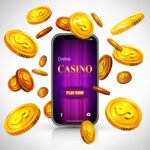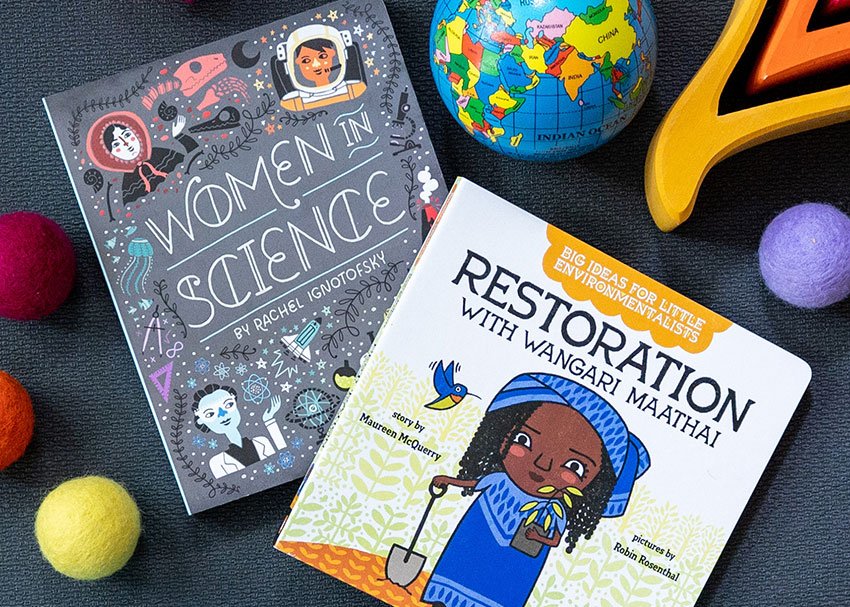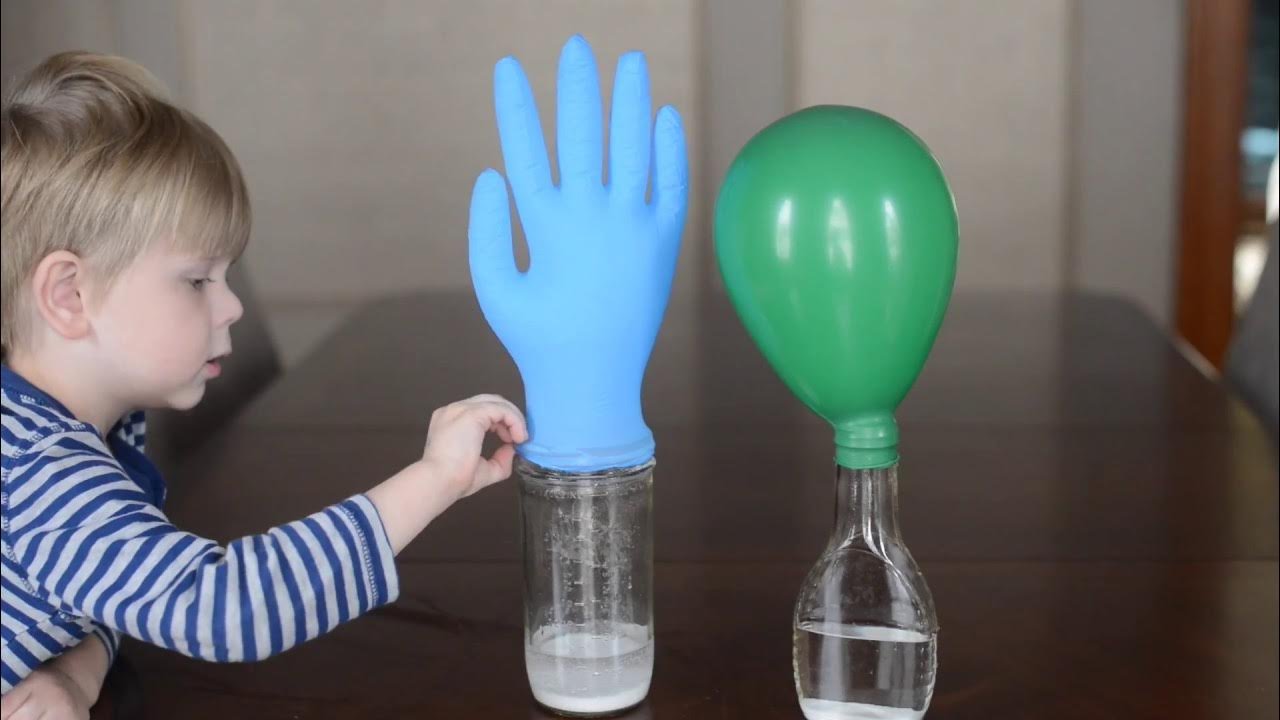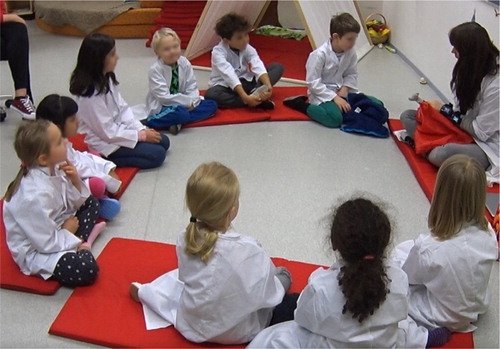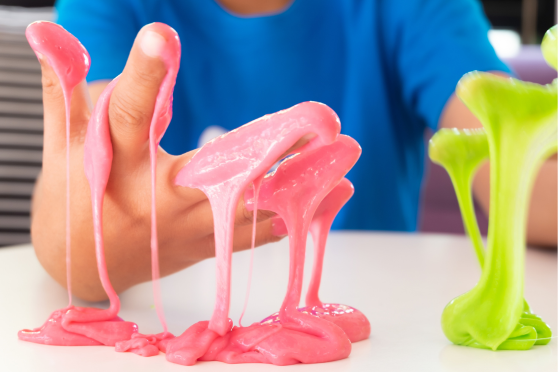Introducing science to babies and toddlers can be both fun and educational, and one of the best ways to do this is through books. Early exposure to science concepts nurtures curiosity, supports cognitive development, and lays the foundation for a love of learning. Here are some age-appropriate science books for babies and toddlers that engage young minds and help them explore the natural world.
“The Very Hungry Caterpillar” by Eric Carle
This classic book may not be a traditional science book, but it introduces babies and toddlers to the life cycle of a butterfly. Through vibrant illustrations and a simple narrative, children learn about metamorphosis as they follow the caterpillar’s transformation into a butterfly.
The repetitive structure of the story is perfect for younger children, and it encourages them to engage with the concept of change and growth, which are fundamental in science.
“Baby Loves Aerospace Engineering!” by Ruth Spiro
This delightful board book is part of a series that introduces toddlers to complex science topics in simple, accessible language. “Baby Loves Aerospace Engineering” introduces young readers to concepts like gravity, motion, and flight, making it ideal for sparking an early interest in physics and engineering.
The bright illustrations and straightforward text make it easy for even the youngest readers to follow along. The book promotes hands-on learning, encouraging little ones to think about how things work in the world around them.
“National Geographic Little Kids First Big Book of Science” by Amy Shields
Designed for toddlers and preschoolers, this book is packed with age-appropriate science facts, activities, and fun illustrations. It introduces kids to a variety of science topics, including animals, space, weather, and the human body.
The content is broken down into simple, easy-to-understand concepts, with questions and activities that encourage interaction and critical thinking. This book is perfect for sparking curiosity in young minds and providing an excellent foundation for further learning.
“Hello, World! Solar System” by Jill McDonald
The “Hello, World!” series is perfect for toddlers who are just starting to explore the world around them. “Hello, World! Solar System” introduces little ones to the wonders of space, including planets, stars, and the sun.
With bright, colorful illustrations and simple text, this book is designed to make complex scientific ideas approachable for toddlers. It’s a fantastic way to spark an early interest in astronomy and space exploration.
“Science Verse” by Jon Scieszka
Although this book is geared more toward older toddlers and preschoolers, its playful rhyming verses make it engaging for younger children as well. The book covers a wide range of scientific topics, from biology to physics, with fun poems that explain basic concepts.
“Science Verse” introduces kids to science in a humorous and enjoyable way, making complex ideas more digestible and entertaining. Its blend of rhyme and science is perfect for keeping toddlers entertained while fostering an early love of learning.
“Peek-a-Boo, Baby!” by Karen Katz
For babies just beginning to explore the world, “Peek-a-Boo, Baby!” offers an interactive way to discover the natural world. This lift-the-flap book introduces babies to animals, colors, and nature through simple illustrations and playful peek-a-boo interactions.
Though the focus is on early language development, the book’s themes of animals and nature introduce young readers to basic scientific concepts in an engaging and fun format.
“My First Book of Dinosaurs” by DK
Dinosaur books are always a hit with toddlers, and this one is designed specifically for younger children. With bold, colorful pictures and clear labels, “My First Book of Dinosaurs” introduces little ones to various species, their characteristics, and basic facts.
This book fosters early learning about prehistoric life while improving vocabulary and cognitive skills. It’s perfect for sparking a toddler’s curiosity about the natural world, especially for those fascinated by these ancient creatures.
“I Am a Scientist” by Jean Marzollo
This simple yet effective book helps toddlers understand what being a scientist is all about. “I Am a Scientist” introduces them to the process of experimentation, observing, and discovering, all while using accessible language.
The engaging illustrations and straightforward text encourage children to think about the world around them in a scientific way. It’s a great choice for those wanting to introduce the concept of scientific inquiry and exploration.
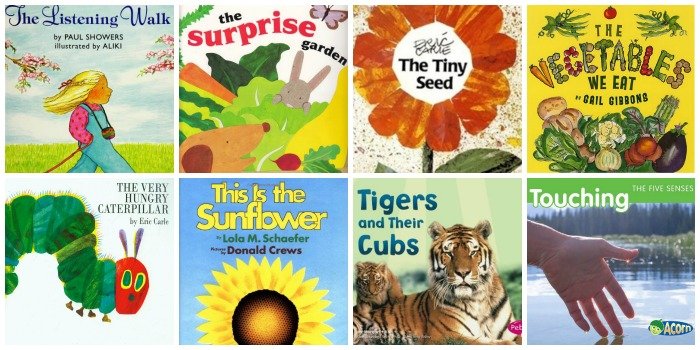
“From Seed to Plant” by Gail Gibbons
For toddlers interested in nature and how things grow, “From Seed to Plant” is a wonderful introduction to plant life. The book illustrates the life cycle of a plant, from the seed stage to full growth, in a way that’s easy for young children to grasp.
The simple text and colorful illustrations help toddlers understand the basics of biology and nature. The book invites children to explore the world of plants and encourages questions about how things grow.
“What If…?” by Samantha Berger
Although geared toward older toddlers, this book explores the idea of problem-solving and creative thinking. “What If…?” helps children understand how curiosity and creativity play a role in scientific thinking. It encourages them to ask questions and explore possibilities, making it a great choice for fostering scientific inquiry.
Conclusion
Introducing science to babies and toddlers is an exciting opportunity to ignite curiosity and foster early learning. These age-appropriate science books provide a fun and engaging way to teach young children about the world around them.
From books about animals and plants to concepts like flight and space, there’s a wealth of literature available to spark interest and build a foundation for future scientific exploration. These books not only encourage children to ask questions but also foster a love for learning that will last a lifetime.



